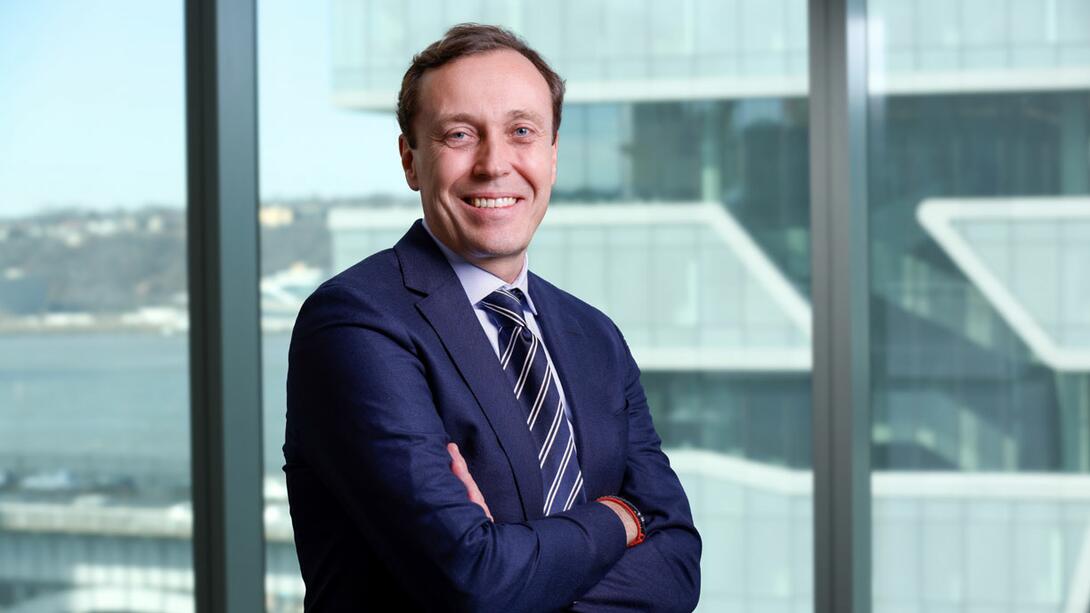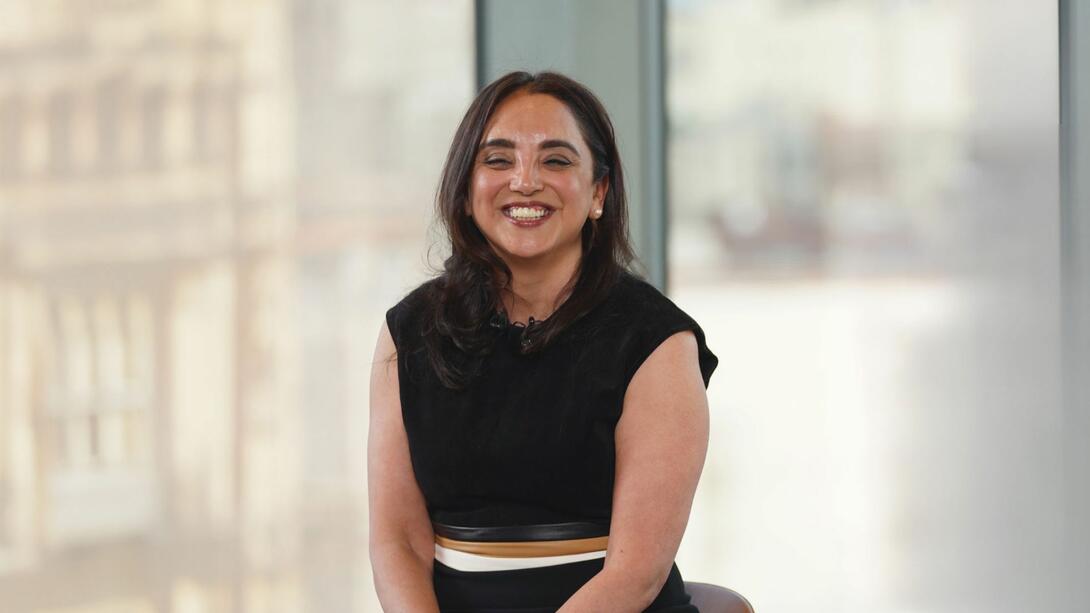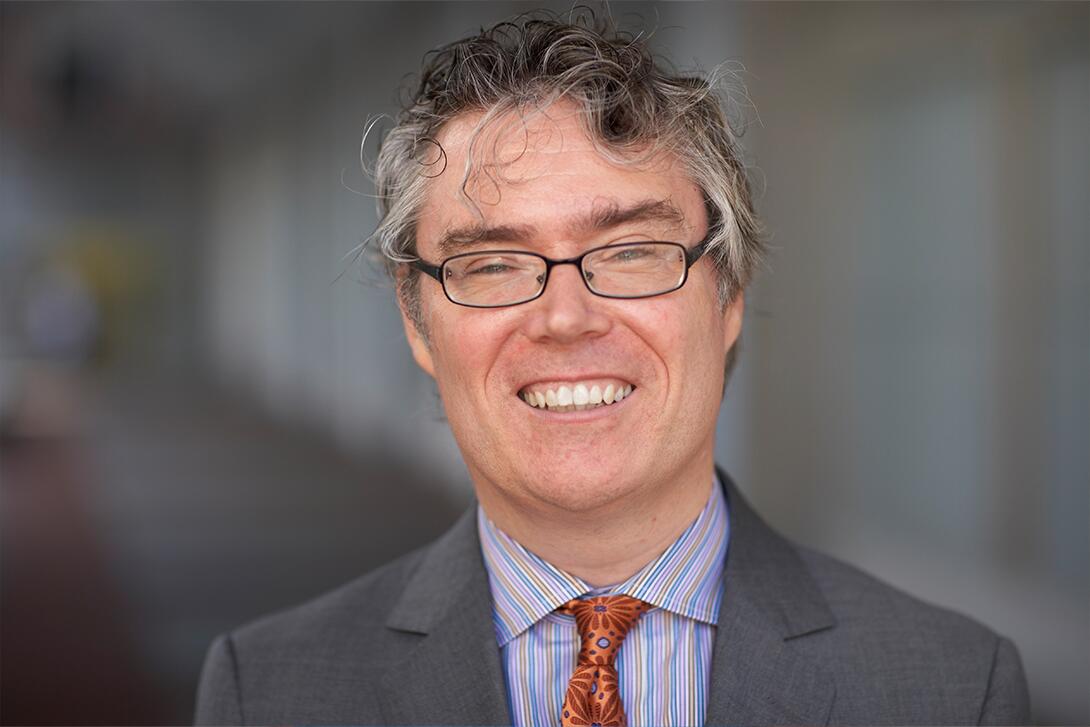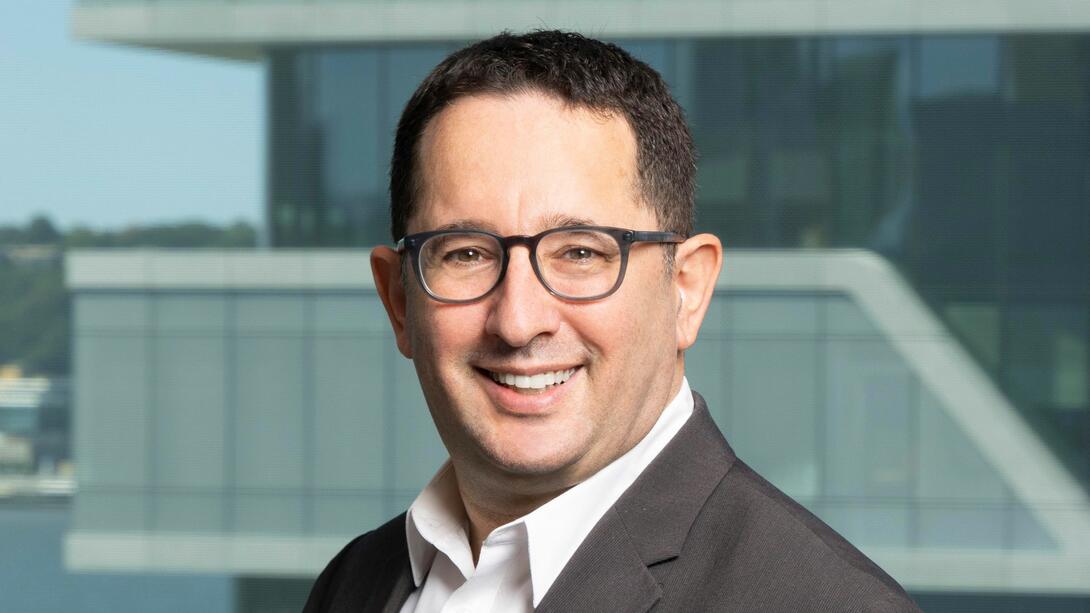Overview
Making high-stakes decisions in a global business environment demands more than experience—it requires insight into how the most influential markets operate. For Asia-based companies looking to lead globally, the United States remains an indispensable launchpad. From financial systems to consumer behavior and technological innovation, the US continues to define the pace and standards of global business. Gaining a deep understanding of the institutions, markets, and mindsets across the Americas is a critical step for any leader ready to expand on the world stage.
The Global Chairmen and Presidents Program delivers the tools to lead with clarity and strength in a complex, cross-border environment. With immersive modules in the Americas and Asia, this program blends economic analysis, technology trends, and leadership frameworks to sharpen decision-making and accelerate global impact. It’s a chance to step back, learn from world-class faculty and peers, and sharpen the strategies that drive long-term success.
Custom-built for Asia’s most senior business leaders, the program equips participants with the mindset, insights, and skills needed to thrive in a world defined by disruption and opportunity. Each element of the experience is designed to address the unique challenges of operating on the global stage—from geopolitical complexity to innovation leadership, organizational design, and long-term value creation.
Along the way, participants build powerful relationships with not just world-leading faculty, but also top business leaders and an elite network of peers across industries and regions—joining a lifelong community of global visionaries and changemakers.
Program Structure
Our immersive The Global Chairmen and Presidents Program features seventeen modules delivered across key global markets—12 in the Americas and 5 in Asia and Europe. Between modules, participants join exclusive Asia-based gatherings designed to deepen regional insight and strengthen a powerful peer network that spans industries and borders.
- Session 1: Geopolitics, Economics and Financial Systems in a Shifting World Order
- March 23 – April 3, 2026 | New York (Module 1-2)
- Asia Learning Experience: May 25–28, 2026 | Shanghai (Module 3)
- Session 2: Innovation Architecture in Technology and Media
- September 21 – October 2, 2026 | San Francisco (Module 4) and Los Angeles (Module 5)
- Europe Learning Experience: December 2026 | Paris (Module 6)
- Session 3: Global Supply Chains and Market Strategies
- March – April 2027 | Mexico City (Module 7) and Rio de Janeiro (Module 8)
- Asia Learning Experience: June 2027 | Shenzhen (Module 9)
- Session 4: Strategic Implications of Energy, Climate, and Space Innovation
- September – October 2027 | Austin(Module 10) and Houston (Module 11)
- Asia Learning Experience: December 2027 | Beijing (Module 12)
- Session 5: Artificial Intelligence and Technology-Driven Transformation
- March – April 2028 | Toronto(Module 13) and New York (Module 14)
- Asia Learning Experience: June 2028 | Hong Kong (Module 15)
- Session 6: Strategy Execution in Uncertain and Complex Environments
- September – October 2028 | New York (Module 16-17)
Please note: Module dates are subject to change.
Key Learnings
- Understanding the Global Economy and Financial Ecosystems: Explore the key drivers of international growth—trade flows, capital markets, monetary policy, and geopolitical shifts—and how they impact long-term business opportunity. Gain a clearer understanding of how financial institutions and global markets interact, and how to access capital and manage risk across regions. Based in New York City, at the heart of the global financial system, this learning experience includes direct exposure to the people, institutions, and innovations shaping the future of finance.
- Leading Innovation Across Technology and Media: Examine what makes innovation sustainable at scale, from R&D strategy to creative culture and cross-functional collaboration. Participants learn how leading tech and media companies generate ideas, promote agility, translate disruption into value, and leverage branding and marketing to differentiate in a competitive global economy —while identifying practical ways to bring those models into their own organizations.
- Building Competitive Global Supply Chains and Markets: Learn how to design resilient supply chains that respond to shifting costs, policy shifts, and customer needs across geographies. The program explores advanced sourcing, manufacturing, and go-to-market strategies that balance global reach with local responsiveness—empowering leaders to expand effectively across borders.
- Exploring Emerging Frontiers in Energy, Climate, and Space: Gain insight into industries that are reshaping the global economy and redefining infrastructure, sustainability, and innovation. This module helps leaders evaluate where future value will be created—from the energy transition to space commercialization—and how to startups can disrupt industries.
- Harnessing Artificial Intelligence and Technological Shifts: Understand how AI and emerging technologies are transforming industries, business models, and leadership itself. From automation to data-driven decision-making, participants learn how to assess tech readiness, lead digital investment, and learn the latest trends and breakthrough innovations directly from industry leaders.
- Making Strategic Decisions in Complex Global Environments: Strengthen your ability to lead through ambiguity by integrating global trends, enterprise data, and core values into strategic decision-making. This learning theme ties the program together— participants will come out of this capstone prepared to turn their company into a true global champion.
- Building a Global Network That Lasts: Form lasting relationships with faculty, guest speakers, and peers from multiple continents. Through immersive experiences, shared challenges, and ongoing alumni connections, participants join a global community of decision-makers dedicated to shaping the future of business.
Who Should Attend
This program is designed for:
- Chairmen, presidents, founders, and senior executives with enterprise-wide responsibility for strategy, growth, and leadership
- Business leaders from public and private companies headquartered in Mainland China, Hong Kong, Singapore, and across Asia
- Asian executives leading global divisions or operations within Fortune 500 or multinational corporations
- Individuals whose company revenue, market capitalization, or personal net worth exceeds 1 billion RMB
- Decision-makers seeking to expand their global footprint, strengthen cross-border strategy, and lead confidently in complex international markets
Participants in this program represent an elite, high-impact peer group committed to shaping the future of business through bold vision, global perspective, and long-term value creation.
Program Content
The Global Chairmen and Presidents Program unfolds across six immersive sessions, strategically delivered in business hubs across the Americas and Asia. From macroeconomic foresight to innovation leadership, each module is designed to deepen global perspective, sharpen decision-making, and expand enterprise-level impact.
Asia-based learning experiences between modules reinforce regional insight and cultivate a strong peer community of senior executives, shaping the future of business.
Session 1: Global Economic Forces and Financial Systems
This foundational session explores how global power and economic structures are evolving. In New York, participants examine shifts in trade, monetary policy, inflation, and investment behavior, with a focus on how financial systems can serve both risk and innovation. Sessions explore how firms should interpret macroeconomic trends and financial data to inform high-stakes capital allocation and global growth strategy.
In Shanghai, participants will engage with thought leaders and financial executives to understand the mechanics of China’s capital markets and the influence of its financial reforms on global finance and investment flows.
Participants Will:
- Evaluate structural economic changes impacting global industries
- Interpret the evolving role of financial institutions and markets
- Assess capital availability and allocation strategies
- Anticipate the impact of international policy and market integration
Dates
Module 1-2: March 23 – April 3, 2026, New York City.
Asia Learning Experience: Shanghai, May 25–28, 2026 | Module 3
Please note: Session dates are subject to change.
Session 2: Innovation Architecture in Technology and Media
Participants explore how companies can become and remain innovative over time. In San Francisco, the focus is on why Silicon Valley remains the world’s leading innovation hub, and how digital infrastructure, VC culture, and organizational design fuel ongoing reinvention. In Los Angeles, the conversation turns to media and entertainment—industries built on creativity, global content production, and consumer insight.
In Paris, participants will engage firsthand with the world’s leading integrated ecosystem of immersive art and digital creativity—while also connecting directly with the creative digital initiatives of Paris’ top luxury brands. They will dive into how French enterprises leverage cross-disciplinary creative integration, art-tech synergy, and user experience-driven innovation to lead advancements across the media, fashion tech,immersive content, and luxury digital experience sectors.
Participants Will:
- Analyze innovation processes within tech and media organizations
- Compare ecosystem dynamics across digital and creative industries
- Identify levers to enhance organizational agility and innovation capability
- Extract lessons from leading firms’ R&D and product strategies
Dates:
Module 4-5: September 21 – October 2, 2026, in San Francisco and Los Angeles
Europe Learning Experience: Paris, December 2026 | Module 6,
Please note: Session dates are subject to change.
Session 3: Global Supply Chains and Market Strategies
This session explores how global businesses design systems to move products efficiently, responsively, and strategically. In Mexico City, participants examine a growing manufacturing base and North America’s integrated sourcing model. In Rio de Janeiro, they analyze how supply chains interact with natural resources, infrastructure constraints, and regional market expansion.
In Shenzhen, Asia’s most advanced manufacturing and logistics hub, participants gain deep exposure to how world-leading firms manage large-scale production, cross-border fulfillment, and fast-paced product cycles.
Participants Will:
- Design resilient, cost-effective international supply chains
- Evaluate sourcing and manufacturing ecosystems by region
- Align go-to-market strategies with cultural and economic contexts
- Enhance operational agility for multi-market responsiveness
Dates
Module 7-8: March – April 2027 in Mexico City and Rio de Janeiro
Asia Learning Experience: Shenzhen, June 2027 | Module 9
Please note: Session dates are subject to change.
Session 4: Strategic Implications of Energy, Climate, and Space Innovation
This session examines the next generation of infrastructure innovation—from energy transition to space exploration. In Texas, participants explore how the state leads both fossil fuel production and the rapid scale-up of solar and sustainable technologies. In Houston, the program explores the booming commercial space sector and the intersection of defense, R&D, and entrepreneurial disruption.
In Beijing, participants visit China’s R&D hubs to understand how government policy, research institutions, and corporate investment drive innovation in climate and aerospace—two areas where global leadership is rapidly shifting.
Participants Will:
- Analyze strategic options in energy diversification and sustainability
- Understand innovation in space technologies and related industries
- Evaluate policy, investment, and technological drivers of infrastructure change
- Align enterprise objectives with long-term environmental and sectoral trends
Dates
Module 10-11: September – October 2027 in Austin and Houston
Asia Learning Experience: Beijing, December 2027 | Module 12
Please note: Session dates are subject to change.
Session 5: Artificial Intelligence and Technology-Driven Transformation
This session examines how AI and related technologies are reshaping business decision-making, product development, and organizational structure. In Toronto, one of North America’s AI powerhouses, participants engage with scientists and executives driving machine learning, natural language processing, and algorithmic forecasting. They also explore how academic institutions, policy environments, and corporate partnerships support the responsible development and deployment of AI technologies. In New York, leading faculty and scientists from Columbia University in the fields of artificial intelligence, robotics, and other cutting-edge technologies will share breakthrough innovations that have not yet been released to the market but are poised to shape the future of humanity.
In Hong Kong, participants examine how the city-state serves as a high-efficiency connector between major tech ecosystems—offering insights into regulatory foresight, public-private digital infrastructure, and scaling tech across borders.
Participants Will:
- Evaluate AI applications across operational and strategic domains
- Identify emerging technologies influencing their industry landscape
- Build frameworks for digital investment and capability development
- Assess readiness for technology integration and transformation
Dates
Module 13-14: March – April 2028 in Toronto and New York
Asia Learning Experience: Hong Kong, June 2028 | Module 15
Please note: Session dates are subject to change.
Session 6: Strategy Execution in Uncertain and Complex Environments
This capstone brings together the full spectrum of global, strategic, and organizational insights developed throughout the program. Participants will step back to evaluate how their leadership must evolve in complexity—integrating signals from economics, technology, talent, and purpose. The module emphasizes long-term thinking, decision-making under uncertainty, and the discipline to act with strategic clarity and conviction.
Drawing on real-world cases and peer dialogue, this final module equips participants to define the leadership legacy they want to create—and the global strategy they’ll use to build it.
Participants Will:
- Strengthen decision-making in complex, high-stakes settings
- Integrate program learning into strategic execution plans
- Define enterprise goals that align with shifting global dynamics
- Reflect on leadership style, vision, and long-term organizational impact
Dates
Module 16-17: September – October 2028 in New York City.
Please note: Session dates are subject to change.
Learning Methodology
Global Insight, Local Immersion, Strategic Transformation
This program integrates a multidimensional learning approach, combining academic rigor with experiential depth across regions and industries. Each module is purposefully designed to create lasting impact through six core methods:
- Faculty-Led Dialogue and Global Thought Leadership: Engage with Columbia Business School faculty and guest experts to explore global trends in finance, innovation, technology, and strategy—always connected to real-time business implications.
- Immersive, Market-Based Learning: Experience firsthand the dynamics of major economic hubs through site visits, executive roundtables, and local case studies across the Americas and Asia.
- Peer Learning and Global Dialogue: Work alongside other senior executives navigating similar challenges across industries and geographies—the result: powerful, peer-driven learning that enhances perspective and decision-making.
- Asia Learning Experiences: Between modules, participate in targeted gatherings across Asia that reinforce local insight and sharpen global context.
- Capstone Integration and Leadership Reflection: In the final module, synthesize program learnings and map a global leadership strategy grounded in long-term value creation.
This dynamic methodology ensures participants don’t just learn about global business—they live it, connect through it, and lead from it.
Faculty Directors

Miklos Sarvary
Carson Family Professor of Business
Co-Faculty Director, Media and Technology Program
Vice Dean for Executive Education
Teaching Faculty
Distinguished guest faculty and thought leaders bring fresh perspectives and cutting-edge insights from diverse fields, enriching your learning with globally recognized expertise. Specialized experts, selected to address key themes and challenges, offer targeted knowledge and practical experience tailored to your needs. Together, this extraordinary team empowers you to develop the skills, mindset, and strategies to lead with confidence and purpose.
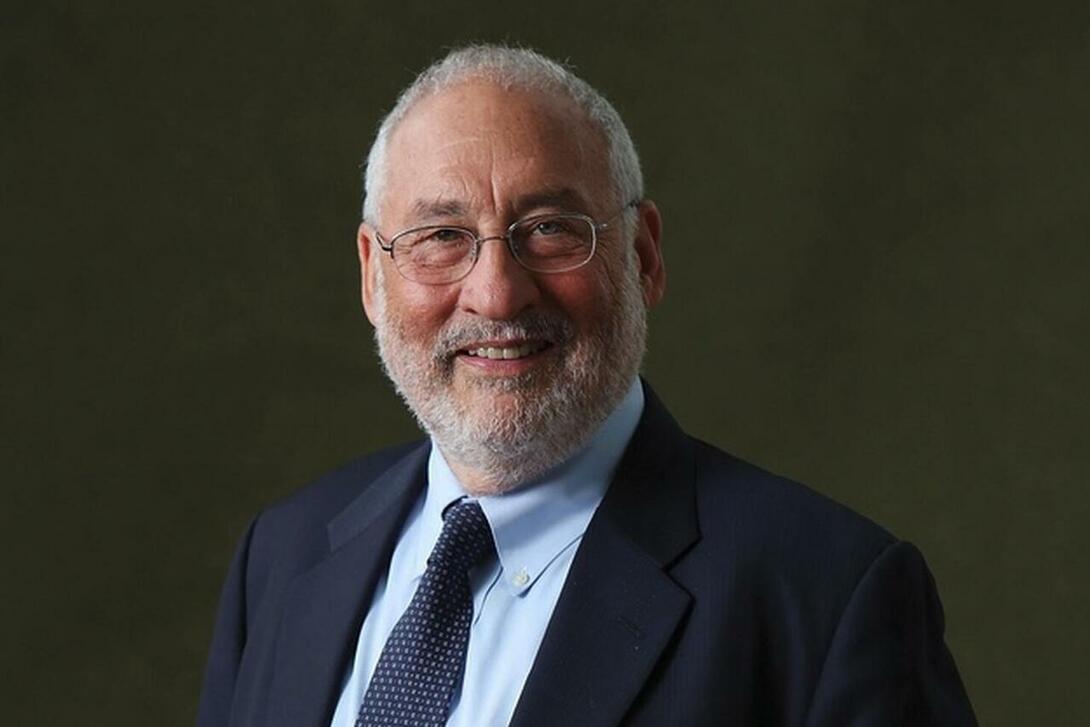
Joseph Stiglitz
Professor at Heilbrunn Center for Graham and Dodd Investing
Executive Director and Co-Founder, Initiative for Policy Dialogue
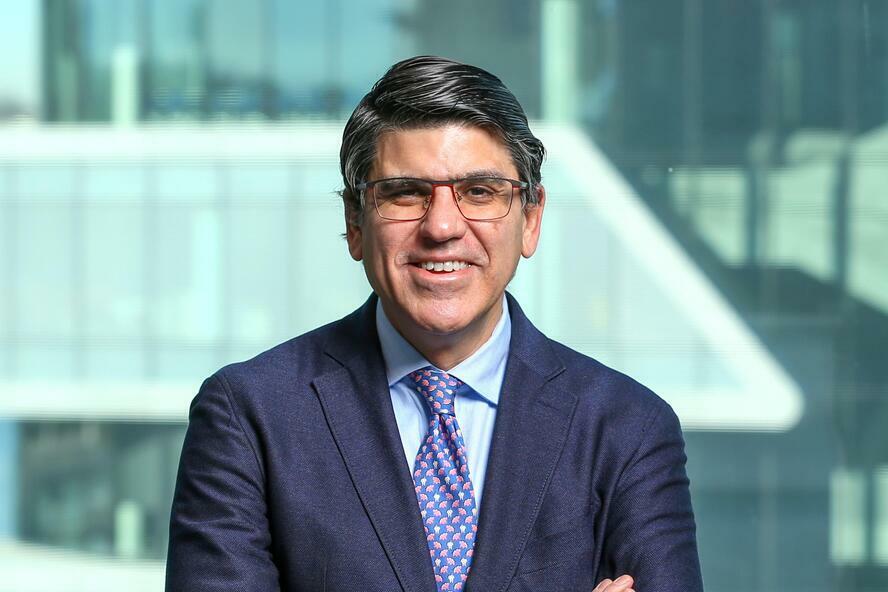
Tano Santos
Robert Heilbrunn Professor of Asset Management and Finance
Finance Division
Director
Heilbrunn Center for Graham and Dodd Investing
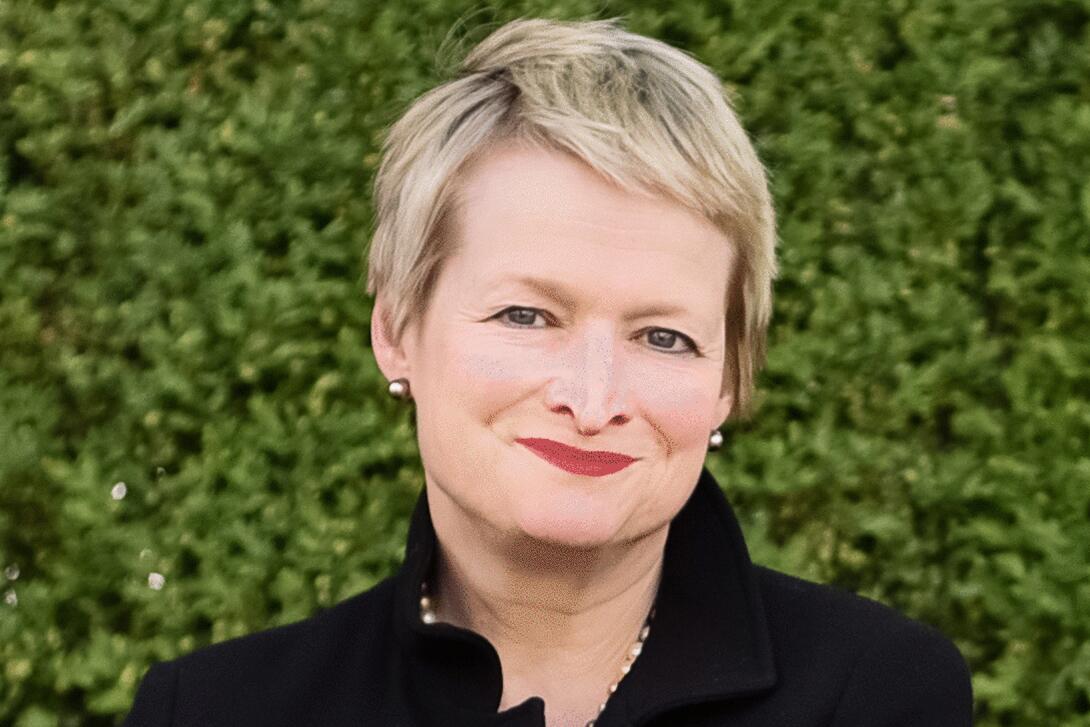
Rita McGrath
Academic Director in Executive Education
Author, Seeing Around Corners and The End of Competitive Advantage
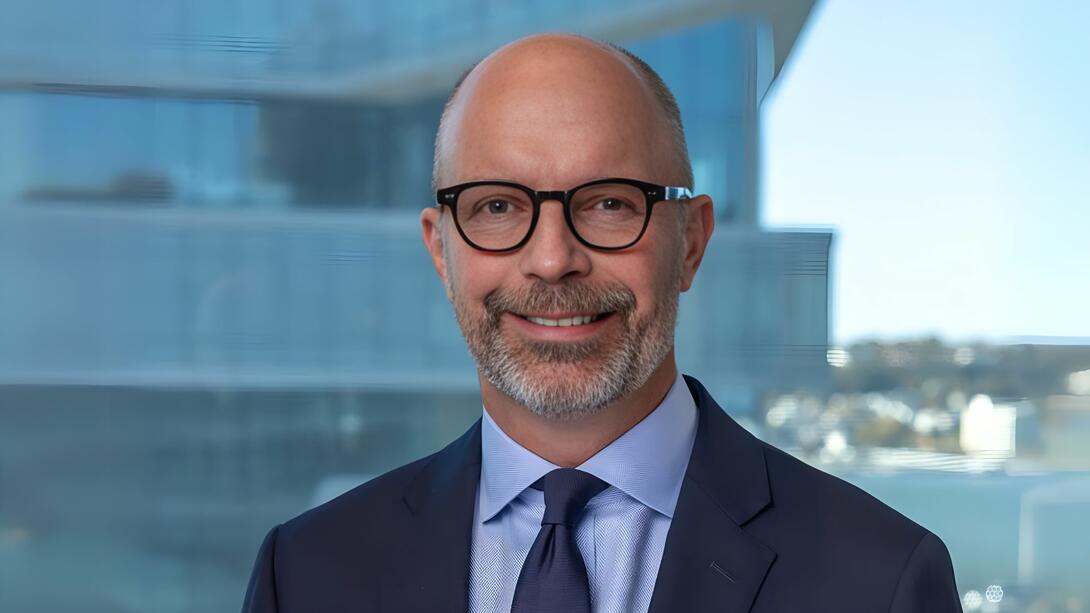
Brett House
Professor of Professional Practice in the Faculty of Business
Economics Division
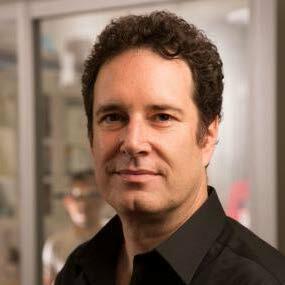
Hod Lipson
James and Sally Scapa Professor of Innovation,
Department of Mechanical Engineering, Columbia University
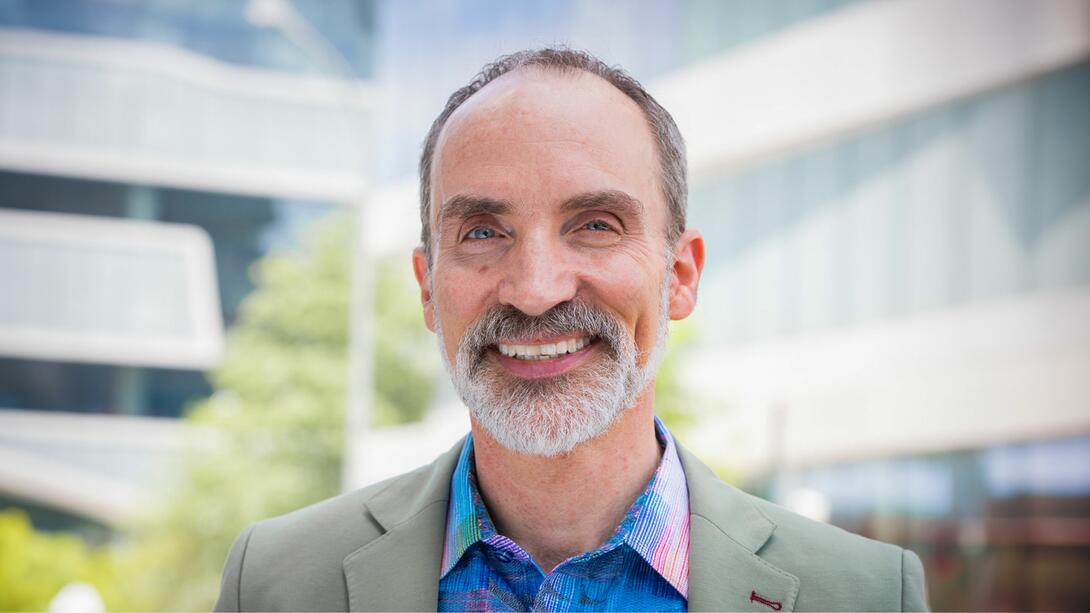
David Rogers
Academic Director in Executive Education
Bestselling Author, The Digital Transformation Roadmap and The Digital Transformation Playbook

Moran Cerf
Academic Director In Executive Education
Director, Center for Advanced Technology and Human Performance
Adjunct Professor of Business Columbia University
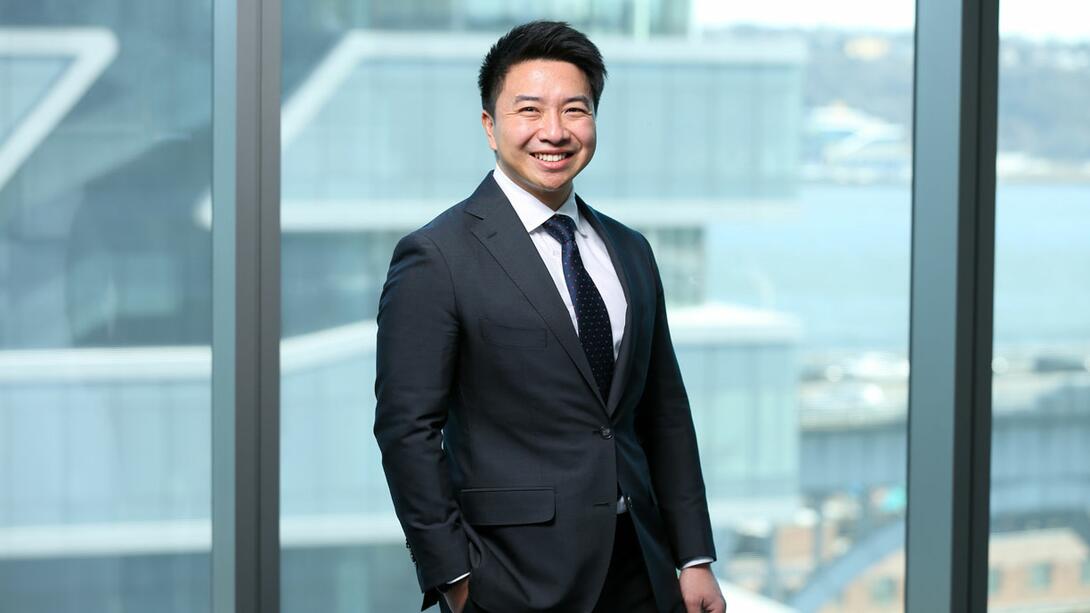
Dan Wang
Lambert Family Professor of Social Enterprise in the Faculty of Business
Co-Director of the Tamer Institute for Social Enterprise and Climate Change
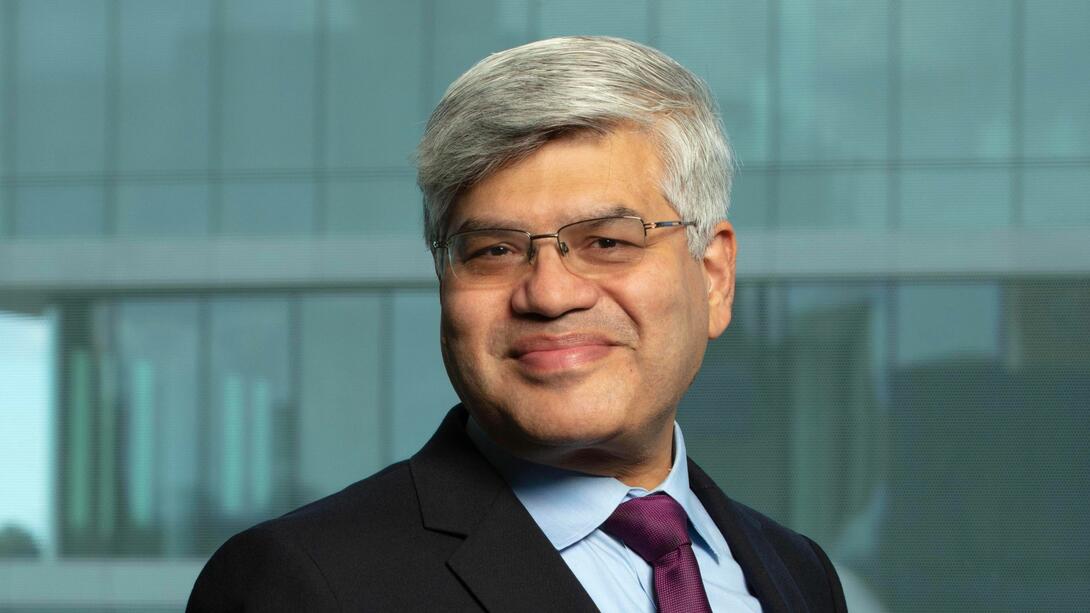
Shiva Rajgopal
Roy Bernard Kester and T.W. Byrnes Professor of Accounting and Auditing; Chair of the Accounting Division Accounting Division

Stijn G. Van Nieuwerburgh
Earle W. Kazis and Benjamin Schore Professor of Real Estate, Finance Division and Faculty Co-Director, Paul Milstein Center for Real Estate, Columbia Business School

R. Glenn Hubbard
Dean Emeritus; Russell L. Carson Professor of Finance and Economics
Director and Chazen Institute Board at Jerome A. Chazen Institute for Global Business
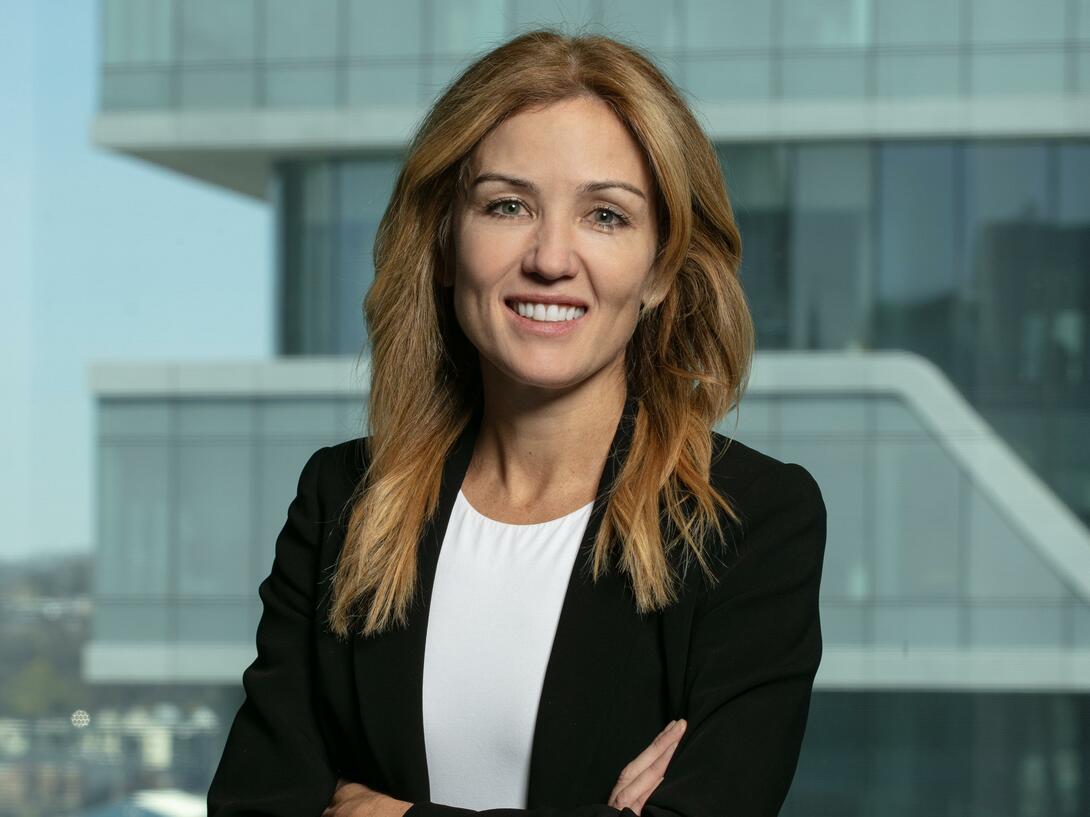
Malia F. Mason
Courtney C. Brown Professor of Business
Management Division
Senior Vice Dean For Faculty Affairs
Dean's Office
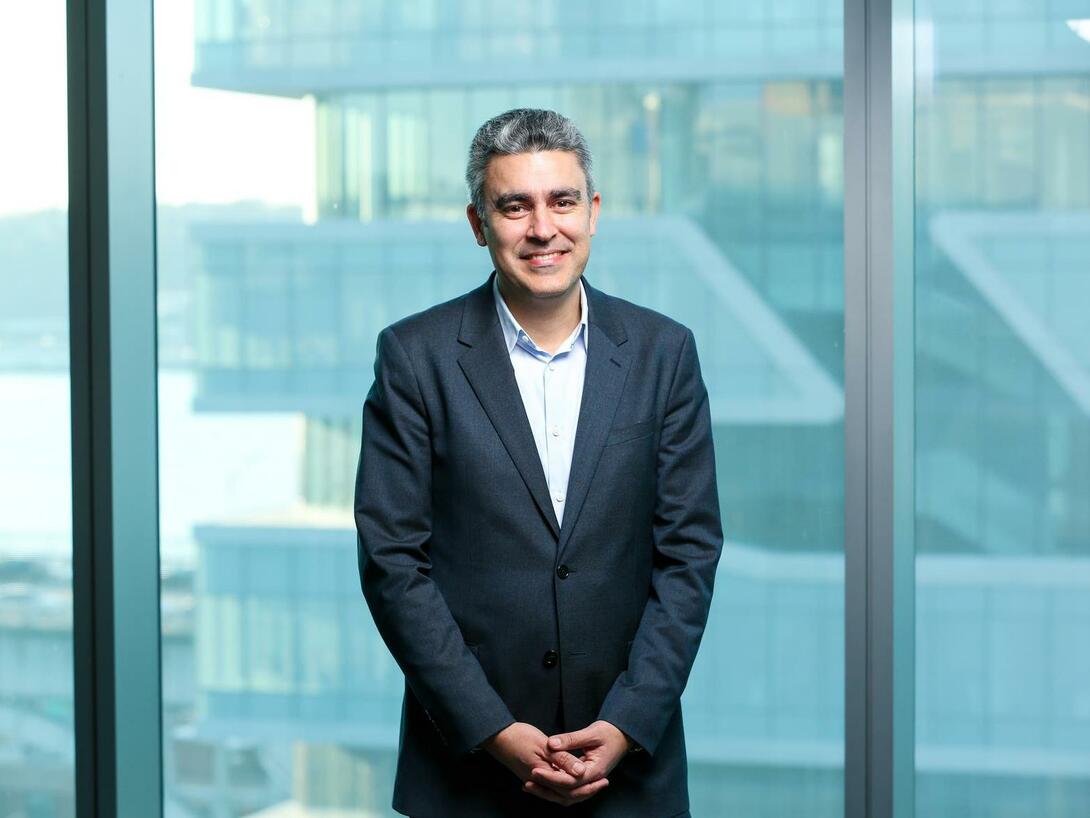
Omar Besbes
Vikram S. Pandit Professor of Business
Decision, Risk, and Operations Division
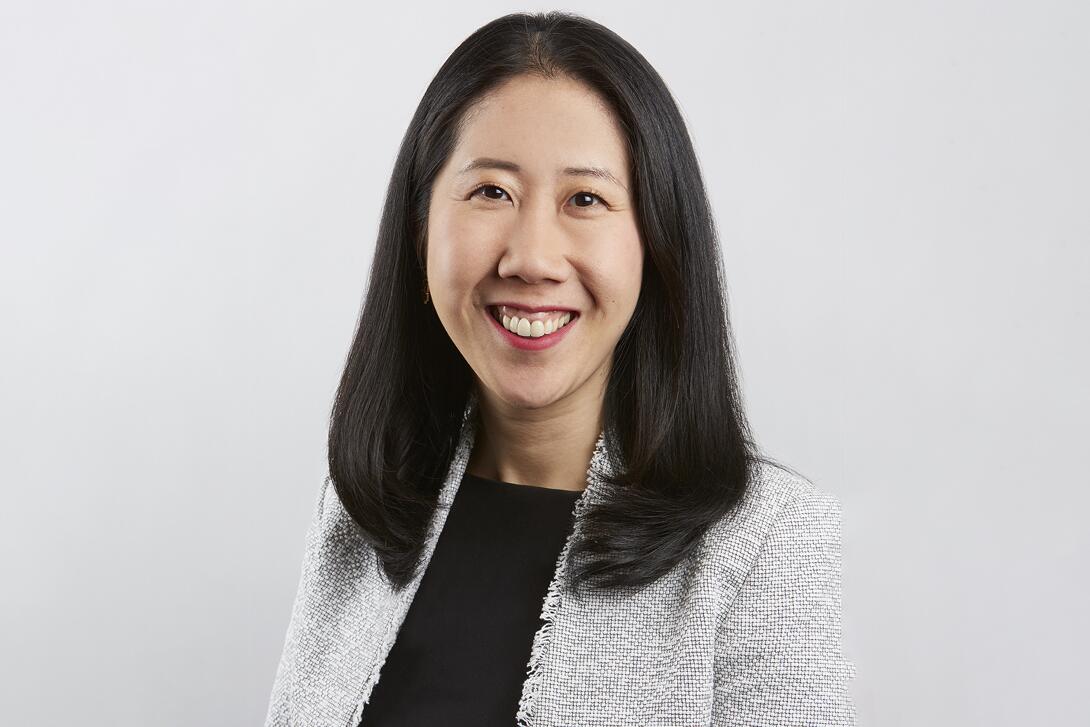
Angela Lee
Professor of Professional Practice, Finance
Faculty Director of the Lang Center for Entrepreneurship
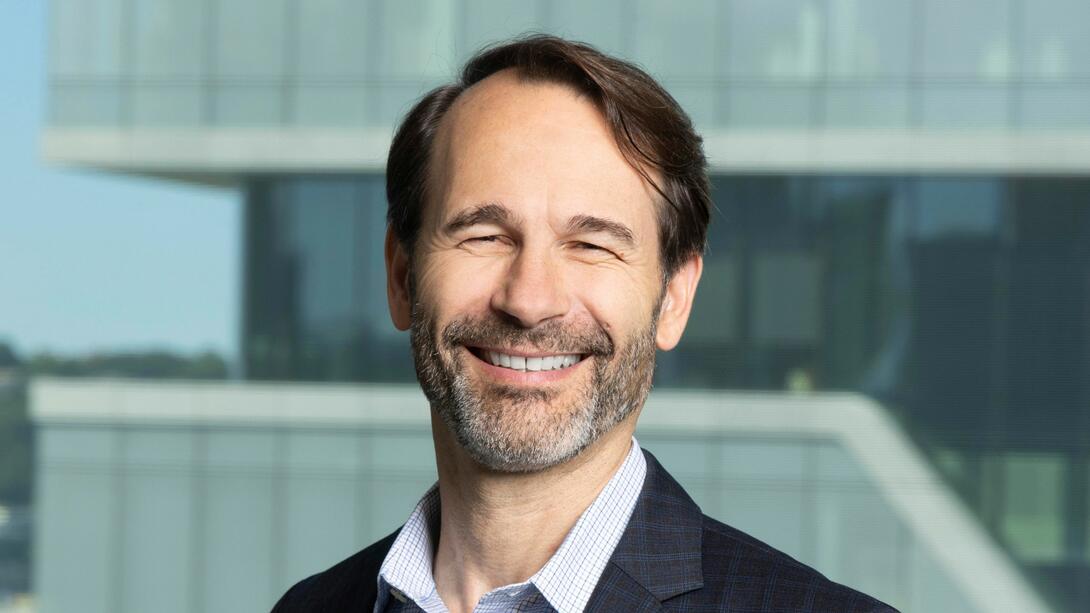
Bruce Usher
Co-Director of the Tamer Institute for Social Enterprise and Climate Change
Elizabeth B. Strickler '86 and Mark T. Gallogly '86 Faculty Director
Professor of Professional Practice
Application Process
Admission to the Global Chairmen and Presidents Program is selective and designed to ensure a high-impact experience for every participant. We evaluate senior leaders who demonstrate vision, global perspective, and a commitment to strategic growth.
Application
Submit your application—including resume and company profile—by invitation or recommendation. Applicants may also provide a letter of recommendation from an industry leader to support their qualifications.
Interview
Strong applications will be invited to an on-site, multi-round interview. A panel of faculty and industry experts will assess your business acumen, leadership ability, teamwork, and international perspective.
Review and Evaluation
Your materials and interview performance undergo a rigorous review focused on business strategy, market positioning, innovation, and responsible leadership—ensuring alignment with the program’s objectives.
Admission
Successful candidates will receive a formal acceptance letter and payment instructions. To confirm enrollment, full tuition payment must be completed within the specified timeframe.

